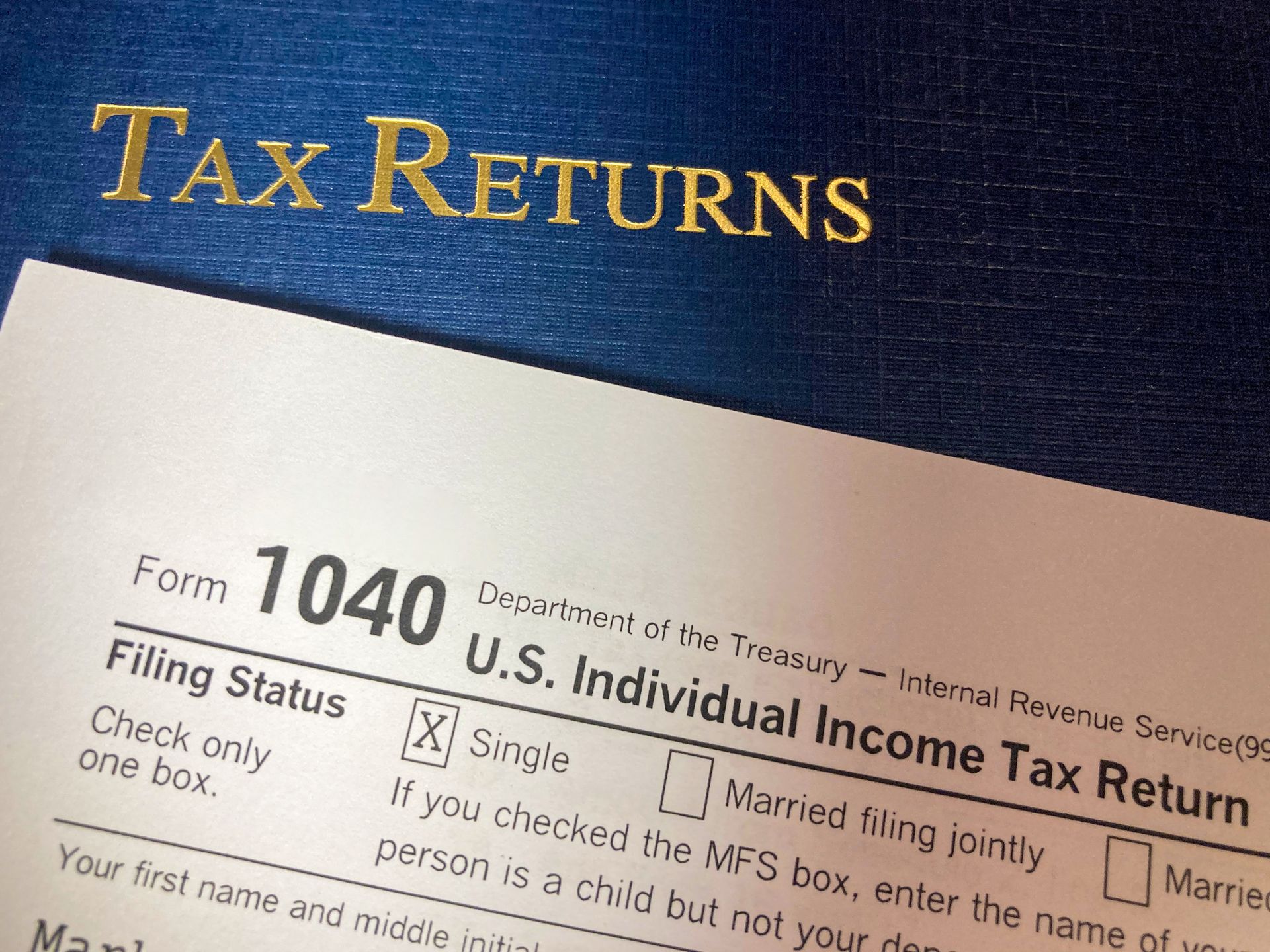Crisis in the Accountancy Business
The rising issue in the world of accounting.
Likely unbeknownst to many, there has been a severe crisis in the field of accountancy following the recent pandemic. During the years that are now commonly referred to simply as ‘COVID’ over 20 percent of accountants abandoned their profession. Indeed, within my own firm we lost half of our staff between 2020 and 2023. The reasons for this are numerous and many were in place well before they were expedited by the events of COVID. Unsurprisingly in such a demanding field of work there has always been high levels of pressure married with consequent time-demands. It is not uncommon for accountants to work hundred-hour weeks during the tax season.
Furthermore, the financial remuneration for doing so does not match that of other professions which require an equally great time commitment. In addition to this, those who form a part of the younger generation including accountants have a different understanding of what a good work-life balance should look like when compared to older generations. Given that the professional demands placed on accountants have actually increased generationally, our chosen career path naturally does not meet this expectation. This is a trend that only appears to be worsening with time and technological advancements. I myself have worked in excess of 800 days without a single day off.
Taking all this into consideration, it is hardly surprising that those 20 percent of accountants decided to pursue alternative careers. A lack of accountants is a huge issue which should concern not only business owners but also society at large. Without accountants, there is no one to calculate and collect taxes or ensure the seamless running of the stock market. Throughout this month's series of blogs, I will explain how existing issues in the field of accountancy were accentuated by the tragic events of COVID before moving in subsequent months to share my solution to save this vital profession.











